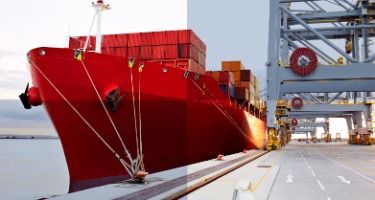The London Maritime Arbitrators Association (LMAA) recently released its statistics for 2018, setting out the number of appointments, references and awards published under LMAA Terms and Procedures during the last calendar year. The figures were supplied by Full and Aspiring Full Members of the LMAA as well as Supporting Members and members of the commercial bar known to accept appointments on LMAA Terms and Procedures (but not necessarily all Supporting Members of the LMAA who accept arbitration appointments or indeed from any other arbitrators worldwide who accept appointments on LMAA Terms and Procedures).
LMAA says that the 2018 figures show a modest increase on LMAA’s 2017 statistics, indicating over 2,500 appointments made on LMAA Terms and Procedures, some 1,600 new maritime arbitrations commenced with a London seat and involving LMAA arbitrators and over 500 awards published: 80% on documents only and 20% after an oral hearing.
It is important to remember that an appointment refers to the appointment of an arbitrator. In an arbitral reference to three arbitrators, there are three appointments but only one arbitral reference. A review of LMAA figures over the past 10 years shows that appointments per year have ranged between 2,599 to 3,849 appointments; with year 2009 showing an extraordinary number of 4,445 appointments, no doubt, as a result of the impact of the Global Financial Crisis on markets and shipping. LMAA’s estimate of the number of arbitral references over the last ten years ranges from 1,496 to 2,207 references per year with year 2009 producing 2,511 references. Over the last ten years, the number of arbitral references that have led to published awards ranges between 25% to 34%.
The results show London’s dominance of maritime arbitration, but is LMAA arbitration future-proofed? Some have called on LMAA to play a positive role in encouraging the development of maritime arbitrators and to give thought to the qualification process for full membership. There is also the thought that LMAA, in its pre-eminent position, should have an administrative role, albeit one that is a light-touch.
Those interested in London’s position relative to other maritime arbitration centres may wish to attend the Maritime and Transport Law Conference of the IBA this May, where there will be a comparative discussion of the key issues in arbitration practice and procedure in London, New York, the Nordics and Singapore, where advocates for each system will present their case to a panel of ‘sharks’, who will question and probe the presenter.



















